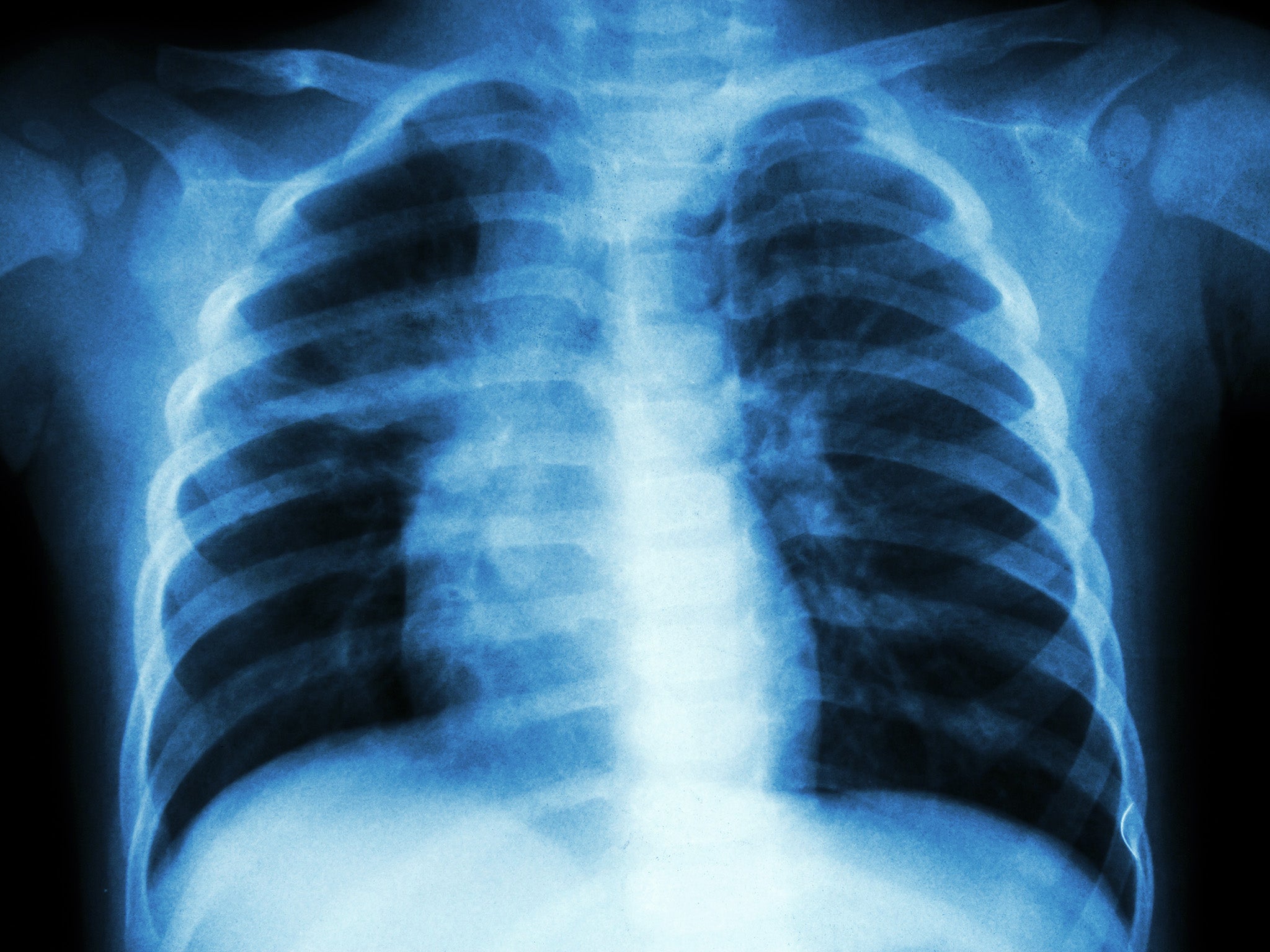A fast, cheap urine test for tuberculosis may soon be possible
Tuberculosis is the top infectious cause of death globally, but diagnosis is long and difficult. Now, a simple test can be carried out by untrained medical workers in minutes

Your support helps us to tell the story
From reproductive rights to climate change to Big Tech, The Independent is on the ground when the story is developing. Whether it's investigating the financials of Elon Musk's pro-Trump PAC or producing our latest documentary, 'The A Word', which shines a light on the American women fighting for reproductive rights, we know how important it is to parse out the facts from the messaging.
At such a critical moment in US history, we need reporters on the ground. Your donation allows us to keep sending journalists to speak to both sides of the story.
The Independent is trusted by Americans across the entire political spectrum. And unlike many other quality news outlets, we choose not to lock Americans out of our reporting and analysis with paywalls. We believe quality journalism should be available to everyone, paid for by those who can afford it.
Your support makes all the difference.Diagnosing a lung disease like tuberculosis with a urine test may seem illogical, but a group of US researchers is now a step closer to that goal.
Scientists at George Mason University, Virginia, have improved the accuracy testing by at least 100 times for a sugar shed by tuberculosis bacteria, meaning that a simple dipstick urine test may soon become possible.
The researchers’ study was published last month in Science Translational Medicine.
Tuberculosis kills about 1.7 million people a year, according to the World Health Organisation (WHO) – more than are killed now by Aids. While many people carry inactive bacteria, about 10 million fall ill annually and develop coughs that transmit the infection.
If they could be found and treated sooner, more would be cured and the spread would slow.
For decades, tuberculosis was diagnosed by chest X-rays, skin or blood tests or by reading sputum samples under a microscope. But the WHO has condemned skin and blood tests as inaccurate, X-rays detect only advanced damage and microscopy requires trained pathologists.
Since 2010, detection has been revolutionised by GeneXpert machines, which take two hours to make the diagnosis. They not only find bacterial DNA in sputum but can tell if the strain is impervious to a common antibiotic, which suggests that the patient has a multi-drug-resistant disease.
But the machines are expensive, even at discounts offered to poor countries, and it is hard for weak patients and children to hock up lung mucus. (Some clinics have sealed “cough rooms” where salt mist is blown deep into lungs to trigger coughing fits.) Urine is easier to obtain.
The cell walls of Mycobacterium tuberculosis are studded with lipoarabinomannan glycans – sugars coupled to proteins, forming barriers that are believed to protect the bacterium from the immune system. In the battle, the sugars are shed into the bloodstream and slip through the kidneys into urine.
Until recently, it has been hard to separate them from other cellular debris, but the researchers designed hydrogel “nanocages” baited with a blue copper-based dye that adheres tightly to the sugars.
In tests on about 100 hospitalised Peruvians, half of whom were known to have tuberculosis, the new test proved about as accurate as GeneXpert machines, says Alessandra Luchini, a nanoparticle scientist at George Mason’s molecular biology centre and co-author of the study. (The new test, however, does not measure drug resistance.)
The team hopes to adapt the new technique to clamp onto other tuberculosis-related molecules and come up “with a rapid test similar to a pregnancy test”, Luchini says.
© New York Times
Join our commenting forum
Join thought-provoking conversations, follow other Independent readers and see their replies
0Comments